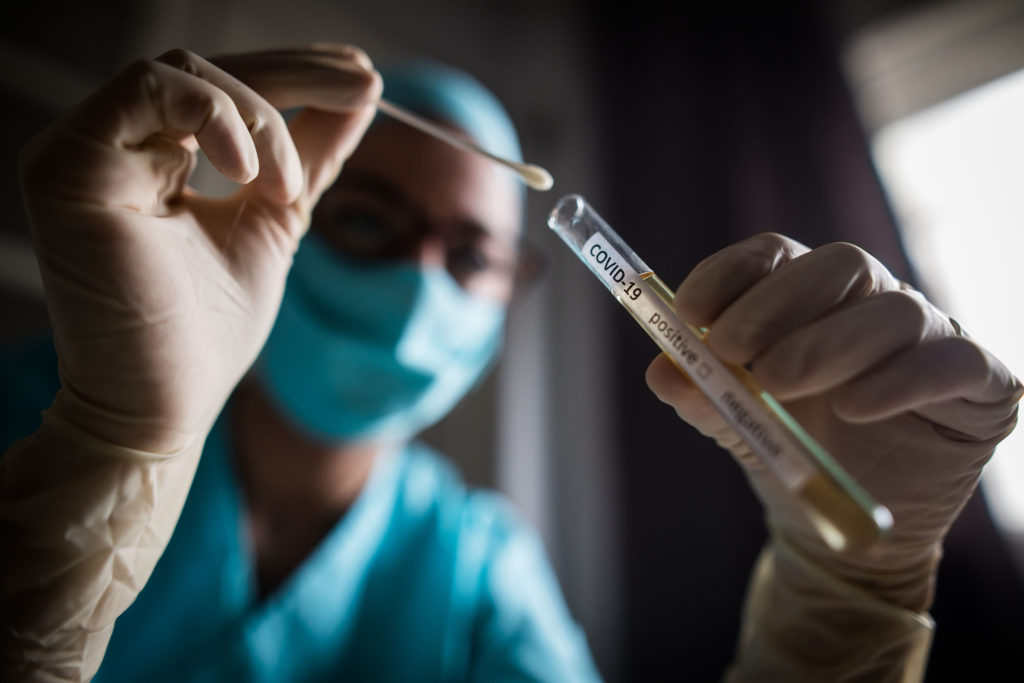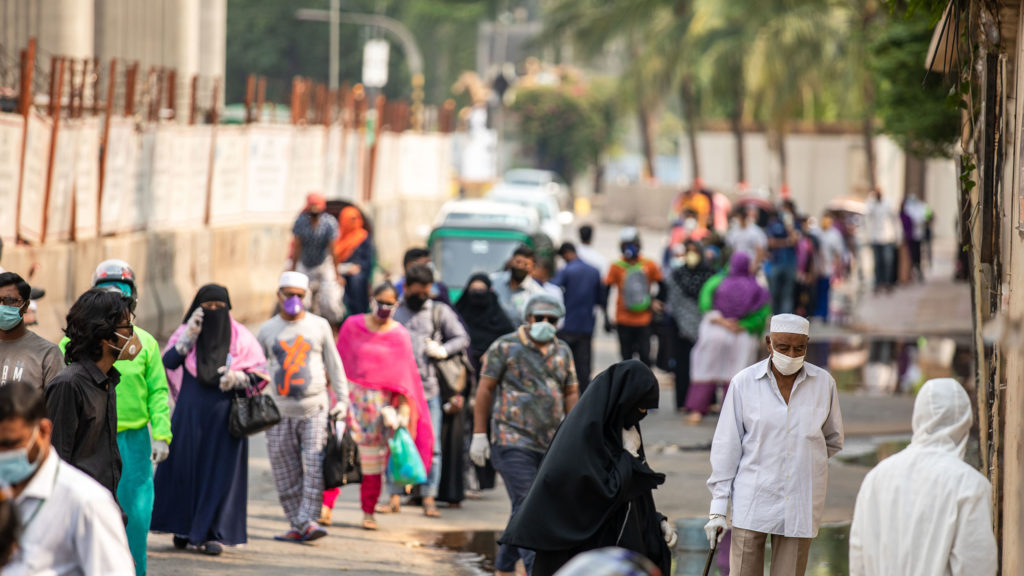The global Covid-19 pandemic is an unprecedented crisis requiring rapid generation of policy-relevant evidence to inform decision-making as we move from crisis to recovery phase and beyond.
Objectives
- Co-generation of research and evidence on Covid-19 related development challenges.
- Advocate for Covid Collective research and evidence to inform policy and practice regarding the response to the pandemic.
- Facilitate collaboration, collective action and mutual learning.
- Promote the integration of social science to catalyse transformative action in response to Covid-19.
The Covid Collective research platform brings together the expertise of global partner organisations, coordinated by the Institute of Development Studies. The research portfolio and work of the collective is overseen by an FCDO and IDS Executive Committee supported by an Advisory Group made up of representation from partner institutions to help guide the evolution of the collective.
Background
The current global pandemic of Covid-19 is a health crisis of massive proportions. As of 25 July 2022, there have been over 500 million confirmed cases of Covid-19, including over 6 million deaths (WHO Covid-19 dashboard, accessed 25/4/2022).
It continues to be an unprecedented crisis for development with highly uncertain outcomes – affecting and requiring responses from all countries, albeit in different ways and to different challenges. There is a growing need to look beyond the pandemic towards increasingly uncertain futures shaped by an array of drivers (conflict, climate change, economic precarities) that intersect with health challenges.
Phase 2
The second phase of the Covid Collective will run from 1 May 2022 to 31 March 2023. Building on the existing institutional relationships and evidence base of the first phase it will continue to offer rapid social science research responses to Covid-19.
Phase 2 of the Collective will place strong emphasis on policy-relevant research; use and users of research will be core guiding principles for the research and policy engagement.
It will pay particular attention to areas where strengthening of institutions and governance, improvement of social relations, and promotion of international cooperation, can help countries around the world build greater resilience and preparedness for future crises.
Generating research and evidence through grants.
Through our support for urgent, mid-, and longer-term knowledge creation, synthesis and translation we aim to catalyse more transformative changes in our sector including:
- New partnerships, more effective collaboration and greater collective action, to help tackle global development challenges.
- Stronger integration of social science evidence in decision-making to bring the lived experiences of the most marginalised in our society more into policy design and practice.


Communicating knowledge and generating learning to inform decision-making.
The platform will include a range of activities to support mutual learning across geographic and sectoral boundaries, to identify potential synergies and opportunities for collaboration and to strengthen engagement with policy networks and decision-makers.